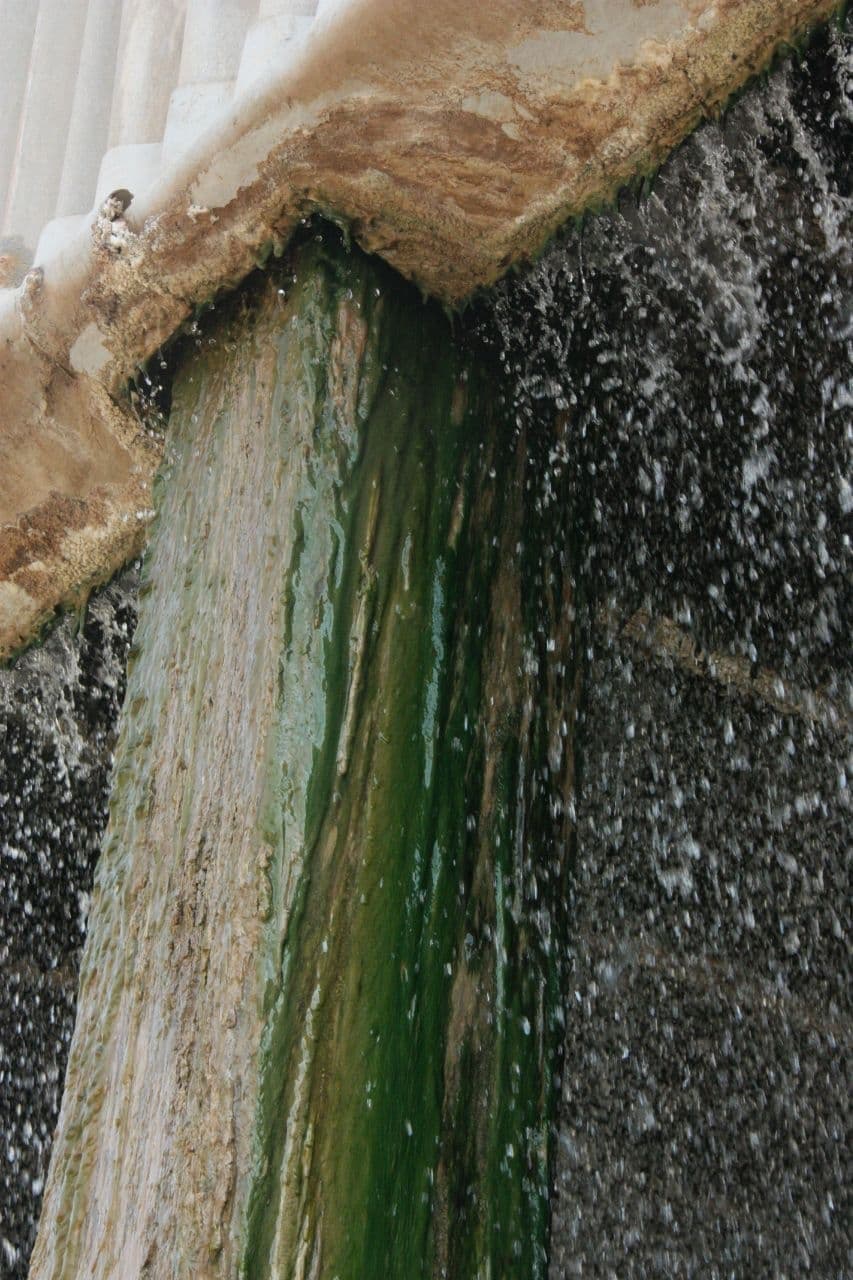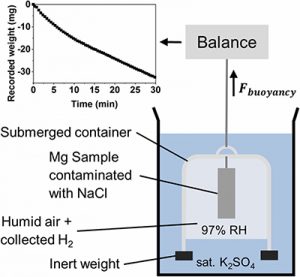Congratulations to Thalia Standish of the University of Western Ontario for receiving the 2021 ECS Corrosion Division Morris Cohen Graduate Student Award. Each year, the division recognizes and rewards outstanding graduate research in the field of corrosion science and/or engineering. Such early recognition of highly qualified corrosion scientists and/or engineers is intended to encourage especially promising researchers to remain active in the field after their graduate research is completed.
Dr. Thalia Standish
Thalia Standish is a Research Scientist at Surface Science Western, where she conducts material analyses to advance academic research and help solve industrial problems. She received her PhD in Chemistry from Western University in 2019. Her graduate research focused on evaluating the galvanic corrosion behavior of copper-coated carbon steel for used nuclear fuel containers, using a combination of electrochemical techniques, x-ray micro-computed tomography (micro-CT), and surface analytical techniques. Dr. Standish is currently developing expertise in Raman spectroscopy, Fourier transform infrared spectroscopy (FTIR), and thermal analysis techniques, focusing on polymeric materials in particular. (more…)








